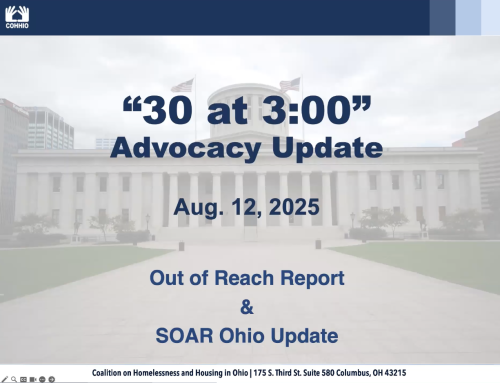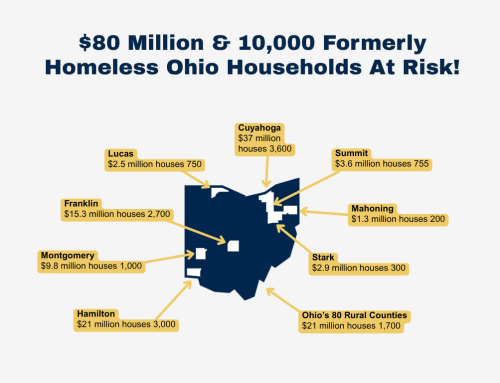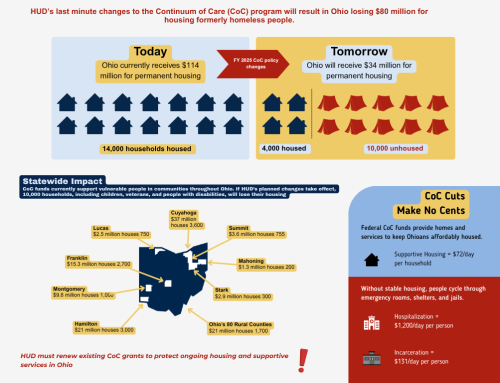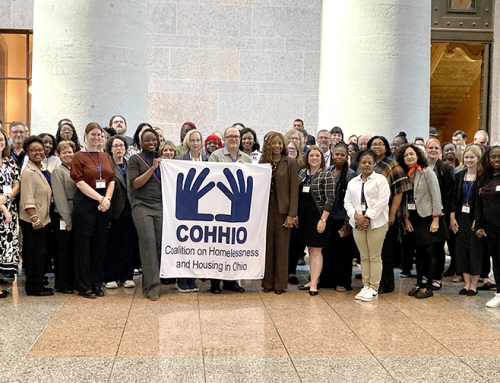The state budget that the Ohio House sent to the state Senate this week was a mixed bag for those of us who care about ensuring that the most vulnerable Ohioans have a safe, decent place to live.
Ohio Housing Trust Fund: One very positive improvement was inclusion of an amendment to bolster the Ohio Housing Trust Fund through a modification to county recording fees. The measure would also set aside $6 million in Trust Fund dollars to help address housing needs of those exiting opiate addiction treatment programs.
Increasing the primary source of state support for homeless and affordable housing programs has been a key priority for COHHIO and our allies in the Home Matters to Ohio campaign. For more information, see this recent Housing Trust Fund Expansion post.
Medicaid: On the downside, the House’s budget would impose new restrictions on Medicaid that will be harmful to people struggling to avoid or escape homelessness. Ohio’s move to expand Medicaid to low-income childless adults has proven critical in connecting people to the mental health and addiction treatment they need to stabilize their lives. However, the budget would erode coverage for the 723,000 Ohioans enrolled through Medicaid expansion in several ways:
1.) Monthly premiums – Childless, non-pregnant adults with incomes above the federal poverty line would pay monthly premiums under the governor’s original budget plan. The Ohio House expanded on the idea. Their proposed “Healthy Ohio” program would require people to pay into a health savings account every month and risk losing coverage for failing to do so. The state Department of Medicaid has estimated that up to 140,000 people would lose health insurance coverage as a result.
The federal government rejected a similar proposal last year. But there is a new federal government and the key person from Indiana who drafted this plan is now working for the administration.
2.) Work Requirements – The House’s budget would require most individuals enrolled through expansion to be employed, actively seeking employment or attending school. The requirements would not apply to people participating in an alcohol and drug addiction treatment program and those who are medically fragile or have severe and persistent mental illness.
Eliminating coverage for someone who has been through job training programs but has not yet found work runs the risk of punishing them for not yet being employed if they have a major health incident or if a chronic condition flares up due to lack of continuous care.
Continuing Medicaid coverage for people enrolled in a drug or alcohol addiction program is promising, but the language would withhold coverage to those waiting for a spot in treatment to open up. We should not punish people seeking care by eliminating all coverage while they wait to enter a treatment program.
3.) Other Medicaid changes, like a requirement for the administration to seek periodic approval from the legislature’s Controlling Board to fund the expansion population, could jeopardize continued coverage for the expansion population. Other provisions would limit the expansion of the managed care model and delay the behavioral health redesign for six months.
These proposed changes are part of a broader power dynamic playing out in the legislature around concerns about the cost of Medicaid. Taken along with other state and federal legislative developments, Ohio’s Medicaid expansion is at risk, even though House leaders decided not to include a proposal to freeze enrollment of the expansion population, preventing any new enrollees from obtaining coverage. Meanwhile, Congress’s American Health Care Act would drastically limit federal spending on Medicaid expansion, making it unlikely that Ohio and other states will continue the program.
Lead Paint: An amendment inserted into the Ohio House would preempt all local lead paint laws in Ohio. This would hamper local governments’ efforts to protect children from lead paint poisoning.
The biennial budget is now before the state Senate, which will review the bill and make its own changes before voting on it. Then a conference committee will work out differences between the House and Senate versions, before the legislature sends it to the governor, who can line-item veto provisions he doesn’t like before signing it into law. The measure must be finalized by June 30.
Throughout the process, COHHIO will remain engaged, working to protect the good provisions, like the Housing Trust Fund amendment, and to neutralize negative ones, like new Medicaid restrictions.
